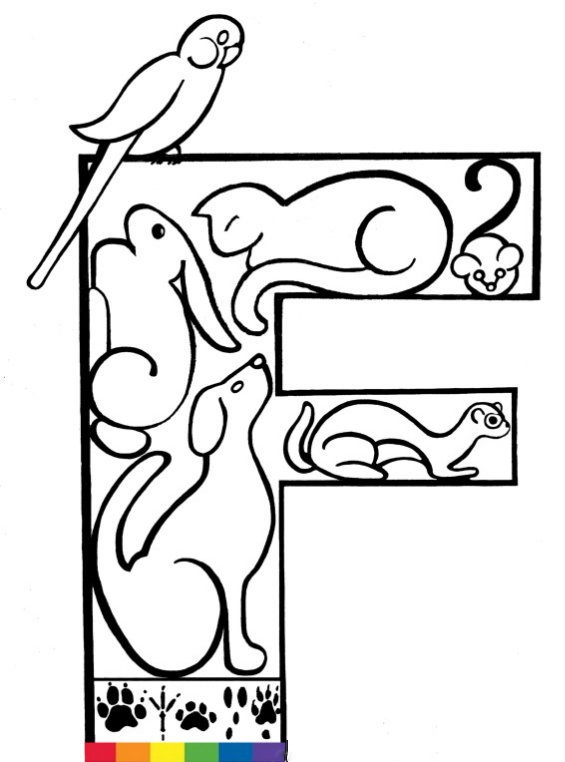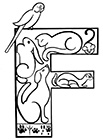Bird care
• Cage
o The cage must be big enough for your bird to stretch his/her wings (parrot-type birds) and fly (finch-type birds)
o The cage must be made from nontoxic (nonpoisonous) material (e.g., Zinc, even powder-coated can flake)
o The cage base must be hard so your bird can’t ruin it by chewing
• Cage location
o Make sure the cage can’t be knocked over
o Put the cage in an area where your pet can be around everyone
o Avoid drafts and kitchens. Kitchen fumes can kill a bird in 3 breaths (especially from overheated non-stick coatings).
o Use non-colored newspapers
• Perches and Care
o Get both fat and thin perches (natural branches sterilized are best)
o Never use sandpaper perches (they only rub the bottom of the foot; they do not file the claws)
o Large birds, like Amazons or African Greys, benefit from a freestanding perch outside the cage
o Food dishes must be attached, so they can’t be tipped over
o Birds like mirrors and other toys. Make sure all toys are made from nontoxic materials
o Introduce new toys slowly (allow bird to see toy outside cage for several days before moving it into the cage)
o Be sure the bird cannot get toes and/or wing tips stuck in toy gaps (clapper bells not jingle bells). Hang with carabiners and/or “C” clamps
o New birds coming into the house should be quarantined away from all others for 45 days; the stress of relocating can allow hidden diseases to surface
o When you get your pet, take it to a veterinarian for a check-up. Choose one that specializes in birds.
o Your pet should see a veterinarian at least once a year and when you think it might be sick
o Birds are still wild animals; when they start to appear sick, they are so sick that they can no longer hide their symptoms and are close to death
o Have your veterinarian show you how to trim your bird’s wings. If you do it wrong, you could clip a “blood feather” and hurt or even kill your bird
o Have styptic powder or gel on hand for a broken feather or nail
• Feeding
o Birds need a balanced diet -- with food from all the major food groups
o Birds are one type of pet that benefits from eating many “people foods”
o Birds must have fresh fruit and vegetables daily; they should have some proteins daily as well
o Never feed your bird a “seed-only” diet
o Never feed your bird houseplants, avocado, cherry pits, apple seeds or raw milk products; or alcohol, caffeine containing beverages/foods, head vegetables (Cabbage, brussel sprouts, or iceberg lettuce), chocolate, or heavily salted foods
• Regular care
o Clean cage of any droppings daily; scrub all dishes, perches, toys and cage parts weekly or as needed
o Change water once or more if needed
o Provide fresh fruits and vegetables, and remove food after a couple hours
o If your bird is hand-tamed, take him/her out to play for at least an hour each day
o Birds, like all pets, should see their veterinarian each year
• Cage
o The cage must be big enough for your bird to stretch his/her wings (parrot-type birds) and fly (finch-type birds)
o The cage must be made from nontoxic (nonpoisonous) material (e.g., Zinc, even powder-coated can flake)
o The cage base must be hard so your bird can’t ruin it by chewing
• Cage location
o Make sure the cage can’t be knocked over
o Put the cage in an area where your pet can be around everyone
o Avoid drafts and kitchens. Kitchen fumes can kill a bird in 3 breaths (especially from overheated non-stick coatings).
o Use non-colored newspapers
• Perches and Care
o Get both fat and thin perches (natural branches sterilized are best)
o Never use sandpaper perches (they only rub the bottom of the foot; they do not file the claws)
o Large birds, like Amazons or African Greys, benefit from a freestanding perch outside the cage
o Food dishes must be attached, so they can’t be tipped over
o Birds like mirrors and other toys. Make sure all toys are made from nontoxic materials
o Introduce new toys slowly (allow bird to see toy outside cage for several days before moving it into the cage)
o Be sure the bird cannot get toes and/or wing tips stuck in toy gaps (clapper bells not jingle bells). Hang with carabiners and/or “C” clamps
o New birds coming into the house should be quarantined away from all others for 45 days; the stress of relocating can allow hidden diseases to surface
o When you get your pet, take it to a veterinarian for a check-up. Choose one that specializes in birds.
o Your pet should see a veterinarian at least once a year and when you think it might be sick
o Birds are still wild animals; when they start to appear sick, they are so sick that they can no longer hide their symptoms and are close to death
o Have your veterinarian show you how to trim your bird’s wings. If you do it wrong, you could clip a “blood feather” and hurt or even kill your bird
o Have styptic powder or gel on hand for a broken feather or nail
• Feeding
o Birds need a balanced diet -- with food from all the major food groups
o Birds are one type of pet that benefits from eating many “people foods”
o Birds must have fresh fruit and vegetables daily; they should have some proteins daily as well
o Never feed your bird a “seed-only” diet
o Never feed your bird houseplants, avocado, cherry pits, apple seeds or raw milk products; or alcohol, caffeine containing beverages/foods, head vegetables (Cabbage, brussel sprouts, or iceberg lettuce), chocolate, or heavily salted foods
• Regular care
o Clean cage of any droppings daily; scrub all dishes, perches, toys and cage parts weekly or as needed
o Change water once or more if needed
o Provide fresh fruits and vegetables, and remove food after a couple hours
o If your bird is hand-tamed, take him/her out to play for at least an hour each day
o Birds, like all pets, should see their veterinarian each year

